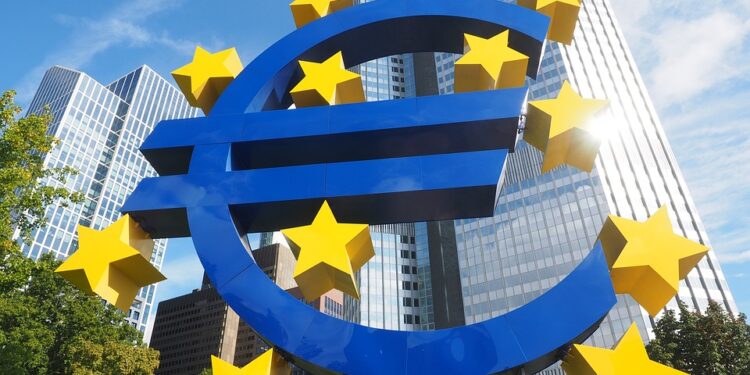The European Central Bank (ECB) announced on August 17, 2022, its plan to provide a harmonised regulatory framework. The new framework will govern crypto-asset activities in the European Union (EU).
Creating Non-stifling Licensing for Crypto-Assets
Making the announcement through a newsletter, the banking supervision body acknowledged that the crypto-asset markets are developing space. It also acknowledged the dilemma banks are faced with, whether or not to get involved in what may be the future of money.
Stating the importance of licensing credit institutions, the authority related that it is working closely with the national supervisor. This collaboration will ensure a consistent approach and high standards across countries in the EU, on the crypto-asset subject. It will also ensure that the licensing does not stifle competition, financial innovation, or technological progress.
The ECB’s intervention is a move to fill a void. No harmonising regulatory framework currently governs crypto-asset activities in the EU. The differing frameworks in countries provide separate requirements and effects, hence the need for an agreement on licensing protocols.
The EU is making a move. However, let’s see how Africa is trying to make sense and forge a direction on the safest way to deal with crypto-assets.
Crypto-Asset Licensing in Africa
Africa, thanks mainly to remittances, has always been interested in improved technological payment options. This reality might be why the continent is interested in crypto-asset, although most of its countries have no legal framework for them
According to BakerMcKenzie, in February 2019, there are mixed results when it comes to the reception and regulation of blockchain and cryptocurrency in Africa. The survey showed that the private sector is the major driver in most countries. The government bodies were defined as “apprehensive and reserved, and in some instances unreceptive.”
At the time of the survey, only Senegal, Tunisia, and Sierra Leone had a friendly and progressive relationship with crypto-assets. Countries like Zimbabwe, Algeria, and Morocco had a ban on the technology, while Nigeria and Ghana had no definite stance.
Nigeria might have a digital currency, yet the Central Bank of Nigeria placed a ban on cryptocurrency activities by organisations while saying it can’t regulate crypto. This has reduced the public adoption and use of digital assets in the country, and it has also stifled exploration.
South Africa has planned out the regulation of cryptocurrency as a financial product to be final by the end of 2023. The South African Reserve Bank (SARB) will create these parameters to bring the funds from crypto into the mainstream. While there are fears about the outcome of these regulatory protocols, the regulation will include all the associated controls. Controls like Financial Intelligence Centre (FIC) and tax and exchange control compliance.
The ECB shares that it will pay particular attention to business models, internal governance, and fit and proper assessments as it creates the harmonising framework.




